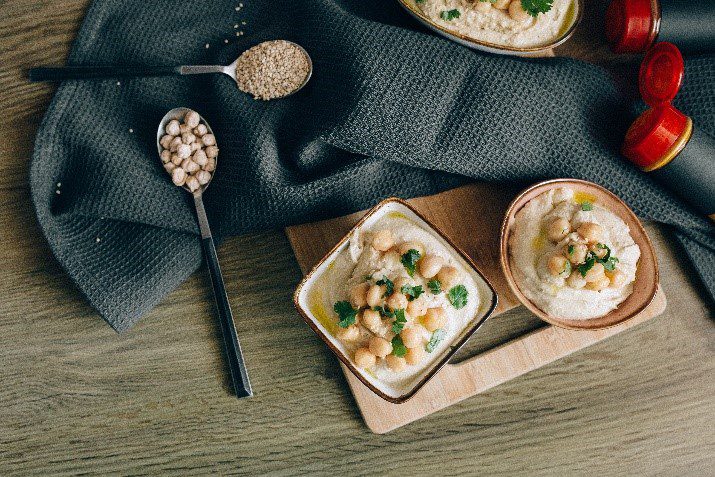Meeting your protein goals after bariatric surgery is essential for several reasons. Protein aids in wound healing, which can expedite your recovery after surgery. It’s also necessary to maintain healthy skin, hair, and nails. In fact, you may notice thinning hair after several months if you consistently fall short of your protein goals. Your body uses protein as an energy source, too. However, its most important role for bariatric patients is to sustain and build muscle mass. The body isn’t picky about where weight loss occurs. You will experience rapid fat loss, but the body can also target muscle when shedding weight.
Most surgeons recommend eating at least 60g of protein per day, but 65-75g will yield better results. Vegans may struggle to find protein options that fulfill their nutritional needs without exceeding their recommended calorie intake. Eating a vegan diet as a bariatric patient requires a dedicated effort to select the best vegan protein foods. Examples include:
- Seitan
- Soybean products like edamame, tempeh, and tofu
- Lentils
- Various beans (black, black-eyed, chickpea/garbanzo, kidney, pinto, etc.)
- Quinoa
- Wild rice
- Buckwheat
- Sprouted grain bread like Ezekiel Bread
- Hummus
- Various seeds (chia, flax, hemp, pumpkin*, sunflower, etc.)
- Algae supplement powders like spirulina and chlorella
- Non-dairy milk fortified with protein (almond, cashew, coconut, oat, soy, etc.)
- High-protein vegan yogurt
- Protein-rich, low-carb veggies (asparagus, broccoli, Brussels sprouts, cauliflower, spinach, etc.)
- Vegan protein powders and shakes
* Try roasting your pumpkin seeds with different seasonings and spices for a more diverse flavor palate (i.e., cinnamon, salt, etc.).
Sample Vegan Meal Plans
Proper meal planning is critical for all bariatric patients. Those that don’t take their diet seriously run the risk of malnutrition. Check out the following sample vegan bariatric meal plans to meet your protein needs:
Option One
- Breakfast: vegan protein yogurt with chia or flax seeds
- Morning snack: half a cup of mixed berries (blueberries, raspberries, etc.)
- Lunch: one cup of chickpeas and wild rice (or quinoa) with two ounces of a cooked high-protein veggie
- Afternoon snack: Vegan protein powder mixed with non-dairy protein milk
- Dinner: three-to-four ounces of seitan, tempeh, or tofu steak with two ounces of a cooked high-protein veggie
- Evening snack (optional): hummus with sliced veggies like carrots or bell peppers
The above meal plan provides approximately 1150 calories and 65g of protein.
Option two
- Breakfast: Vegan protein powder blended with half a cup of berries and protein-rich, vegan-friendly milk
- Morning snack: one ounce of pumpkin seeds
- Lunch: three-to-four ounces of edamame or lentils
- Afternoon snack: one clementine, grapefruit, nectarine, or tangerine
- Dinner: three-to-four ounces of seitan, tempeh, or tofu steak with two ounces of a cooked high-protein veggie
The above meal plan provides about 1000 calories and 70g of protein.
Vegans may find it more challenging to meet their protein needs without consuming excessive calories or fats. However, it’s possible to achieve this with proper and dedicated meal planning. Contact us to schedule a consultation, and we can discuss any concerns you may have about the bariatric diet.





